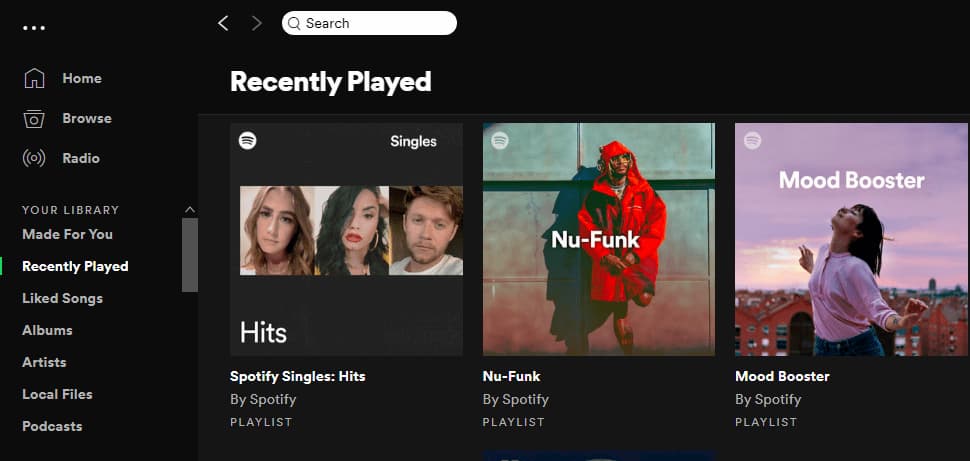

I’d agree with all of that, though I’m squeamish on the very last one. Likewise if the free market is used as a way to reduce the availability of content, I can be against that while still supporting it as a guiding concept. When they're used to run pedestrians over then I don't support that usage, and I will support legislation that limits the use of the tool in that manner. I support cars when they're used to deliver on the benefits that they can provide getting people from point A to point B, and giving them the freedom to move between arbitrary locations. If problems show up I'm happy to have legislation introduced to tackle those, such as not allowing food with known toxins to be sold. Those are increasing choice and decreasing costs through increased competition and commoditization. I support the free market as a tool when it delivers on the benefits that it can provide.


I don't think this is some irreconcilable gotcha. > I don't really understand why anyone who claims to be a proponent of a free market economy has an issue with a private corporation deciding what type of content they want to broadcast. There exists plenty of proper censorship in the world if you look for it, and this isn't it. He signed a "multi-year" exclusive deal (the details are fuzzy, for obvious reasons) which means he sold his trademark and time for money, which is how the market works.Įxactly what he sold (NDA, limitations on his speech in his free time etc.) we'll probably never know, but whoever calls this "censorship" needs a reality check. That would be nothing but exercising their intellectual property rights, that they paid for, just like buying the rights to a song that you hate to stop that specific recording from ever being played again is within your right, or even negotiating with the artist to never play it again. never broadcasting it, that would still not be censorship. What Spotify chooses to do with it is completely up to them, even if they bought it with the express intention of "burning" it all, i.e. JR sold his catalog of intellectual property (podcast episodes) of his own free will and was paid very well for it: about $100M from what I can gather. I don't really understand why anyone who claims to be a proponent of a free market economy has an issue with a private corporation deciding what type of content they want to broadcast.


 0 kommentar(er)
0 kommentar(er)
